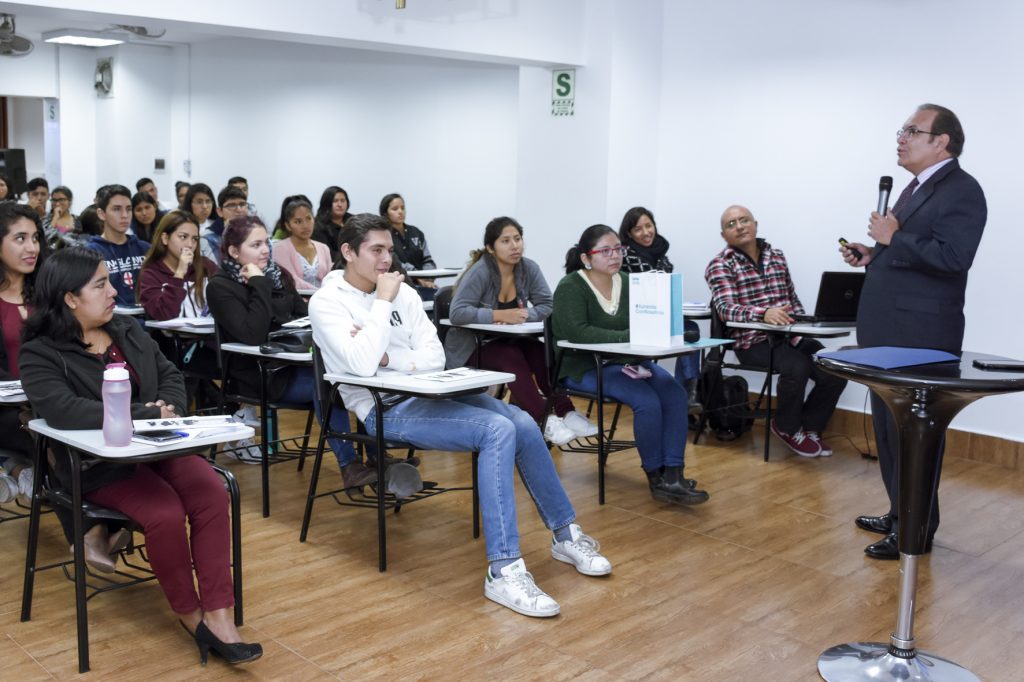During 2019, KPMG International carried out a study named “Global CEO Outlook Agile or irrelevant – Redefining resilience”, that offers a three-year perspective from 1,300 global CEOs on business and economic growth.
“Different leadership skills are needed to succeed in a world of volatility and uncertainty. At present, CEOs must feel comfortable being disruptive in their business models, building new strategic partnerships and enhancing the skills of their workers, says Bill Thomas, CEO of KPMG International.
“In today’s dynamic market, resilience is the ability to constantly evolve and adapt to accelerated changes. This involves CEOs reacting with agility to meet the needs of customers and focus their efforts where it will have the most significant impact”, says Víctor Esquivel, General Managing Partner of KPMG in Mexico and Central America.
“The challenges for CEOs are constant; so, their ability to respond to changes will be tested. As long as leaders remain open to new ways of doing business; take risks by betting in favor of diversification in their operations, and include efficient changes in their processes, they can stay in the game and provide comprehensive solutions to customers”, adds Milton Ayón, Managing Partner of KPMG in Panama and Leader in Central America.
“Constant in business today are accelerated and continuous changes, which results in the visionary and innovative response capacity to address the solutions that these changes require”, explains Hugo Rodríguez A., Managing Partner of KPMG in Guatemala.
Company resilience is based on the ability of CEOs to detect and anticipate possible operational or financial risks in organizations, motivated mainly by two objectives: to generate short-term growth and to facilitate long-term business success.
The challenges for CEOs are diverse; therefore, their ability to respond to changes forces them to remain open to new ways of doing business, taking risks around business diversification, including fundamental changes in their processes to be more efficient and, consequently, more competitive.
Source: 2019 Global CEO Outlook Study






